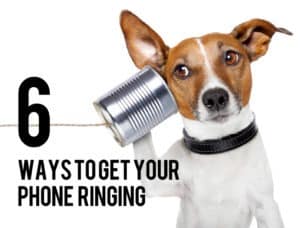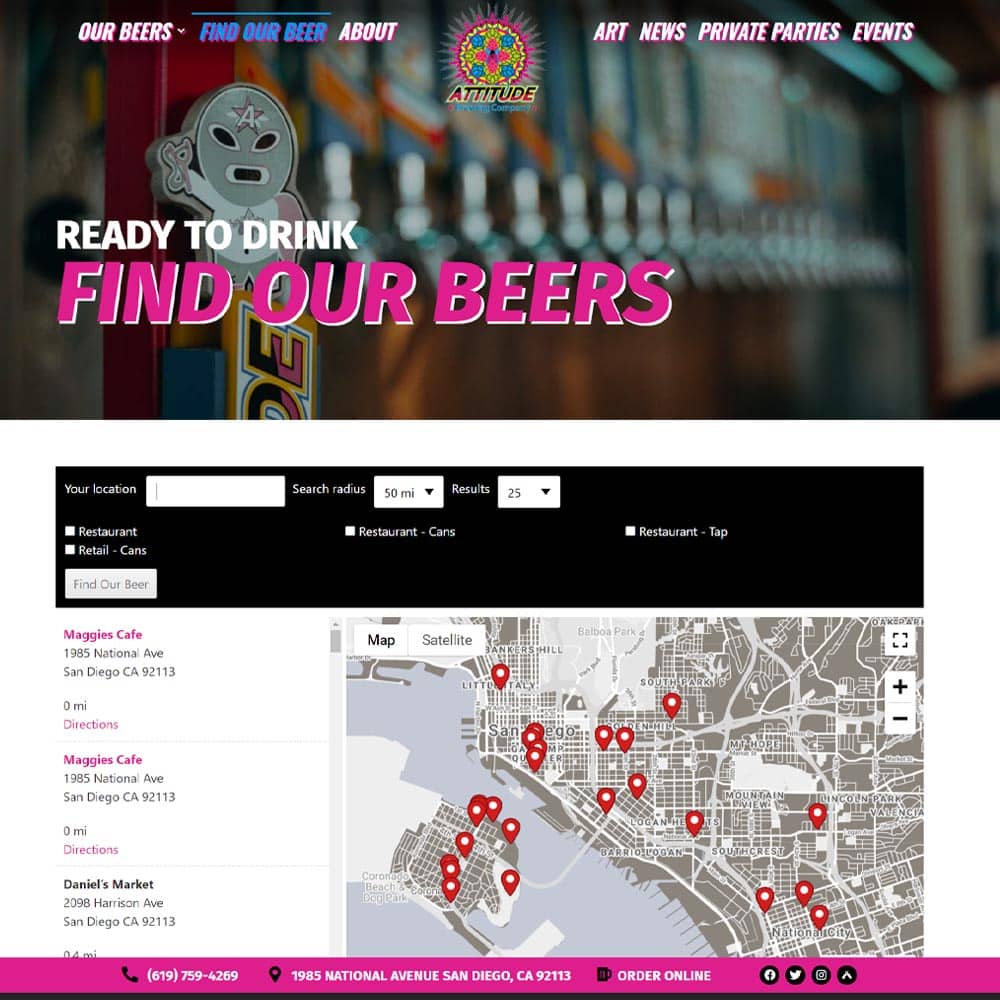If you own a small business, you may be facing some difficult marketing decisions. Financing is often tight and ideas are often scarce. Not every small business owner can afford to hire a marketing consultant, so here are a few practical marketing tips for a small business owner on a tight budget.
Have a Marketing Budget
Think about the scope of your business and about what you hope to accomplish through your marketing campaign. With this in mind, calculate the percentage of your budget that you plan to devote to marketing. Some experts recommend a level of about 10% of your revenue, but this can vary based on your individual situation and goals.
Stick to Your Plan
When you’re setting up the budget at the beginning of the year, remember to plan out how you’re going to use it. If you just stash the money somewhere and spend it haphazardly on marketing expenses as they come up, you’ll never know how long the year’s money is going to last. Try to be intentional about where you’re spending it by looking ahead and predicting how much you’ll need when. Be flexible when you need to, but try your best to stick with the plan.
Invest in a Good Website
Some small businesses figure that they can get away with just having the basics online or (worse yet) with not having a website at all, due to their local customer base and narrow range of interest. However, these days when new customers are looking for your business, the first place they may go is Google, and their online findings will be all they have to consider. If your business does not appear online, many potential customers will not even consider you. Try to make the first impression that a customer will have of you via your website a good one. Contact PowerSites today to get your small business a website, and make sure that you have the basics needed to have an established online presence.
Email Marketing
TV ads (and, by the same token, billboards) can be prohibitively expensive. Try to cut down on the need for a TV spot by capitalizing on free advertising methods like email marketing and word-of-mouth. Send out newsletters through email. This can be even more cost-effective than a printed newsletter and, even better, you can have your customers forward it to their friends for free.
Social Media
You definitely don’t want to miss out on the benefits of social media. Every small business should at least have a Facebook page and Yelp page. Post regularly to attract new customers, and keep your current customer base engaged. Thank them by offering them specials and exclusive discounts. Social media really is the online equivalent of “word-of-mouth” referrals. If someone likes your business, they will probably post about it on their Facebook, tweet about it on Twitter, or leave a review on Yelp. However, if someone does not like your business, they will most definitely be telling everyone on social media about it. However, if handled and addressed properly, negative reviews are a great opportunity to show that your small business excels in customer service.







